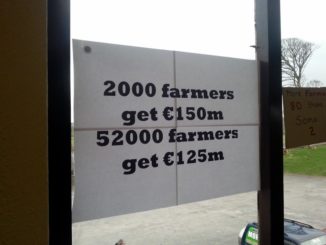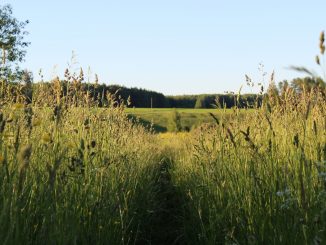
After years of debates and wrangling, provisional agreement has been reached between the European Parliament and Council to place limits on cadmium in fertilizers. The agreement places a 60 mg/kg limit on the toxin and carcinogen, to apply three years after entry into force of the new rules – most likely in 2022. A review clause will be in place by 2026,which may introduce further reductions. Member states with lower national limits will be allowed retain these, if currently in existence or introduced at any point up to the date of entry of the new regulation. It will also become easier to sell fertilizers made from organic and waste materials.
Recent History
As part of a circular economy initiative in 2016, the Commission proposed updating the fertilizer regulation of 2003. The original 2003 regulation did not include all fertilizers (some inorganic and organic fertilizers were outside of its scope, including bio-wastes from the food chain, animal or agri by-products). The Commission argued that this distorted competition and hampered investment in the circular economy.
There were significant cadmium-related concerns regarding soil and water pollution, as we as in relation to human health with fertilizers – see here for a 2014 letter co-signed by ARC2020 and other EU NGOs and farmer organisations.
Itai-itai! Cadmium, Mineral Fertilizers & a Tale of Two Reports
The original Commission proposal was stricter: a 60mg/Kg of phosphate at the date of application, 40 mg/Kg three years thereafter, and 20 mg/kg twelve years after that. As we reported last October, the European Parliament supported this 343 votes to 252, with 59 abstentions, albeit with an adjusted timeline (40 mg/kg in six years after date of application, 20 mg/kg in 16 years).
However a population majority in the Council opposed any limits below 60 mg/kg (ES, IT, PO, UK, HR, GRE, BU, RO, PT), while strong opposition to limits were mounted by the fertilizer industry. Initially a majority of MEPs were considered to have a position closer to the fertilizer lobby position, so health and environmental groups will hail this as overall a positive development.
The Kingdom of Morocco also opposed the limit: Cadmium occurs naturally with mining rock phosphate in Morocco, whereas Russia’s phosphates are naturally lower in cadmium.
Next steps
8 Member States already have rules for lower cadmium levels (CZ, DE, DK, FI, HU, NL, SE, SK) – these will be protected, should the process complete as expected. This, along with the voluntary label and review should encourage lower cadmium levels in fertilizers. The provisional agreement still to be approved by MEPs and member states, but this is seen as likely.
Formally, this will involve “the provisional agreement being confirmed by EU member states’ ambassadors (Coreper) and by Parliament’s Internal Market Committee. The draft regulation will then be put to a vote by the full Parliament in an upcoming plenary session and formally approved by the EU Council of Ministers.”
More on Cadmium on ARC2020
Itai-itai! Cadmium, Mineral Fertilizers & a Tale of Two Reports
Open Letter: Revision of the EU fertiliser regulation and cadmium
The Three Most Important Human Health Implications of Organic Food






1 Trackback / Pingback
Comments are closed.